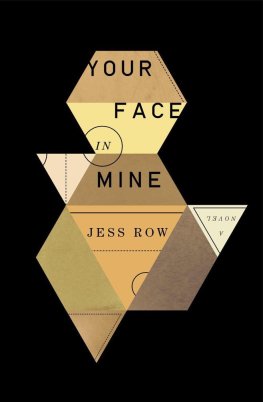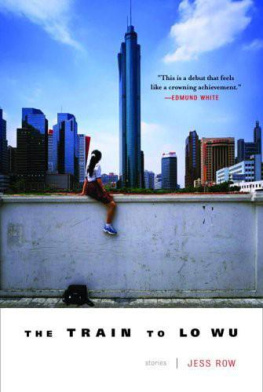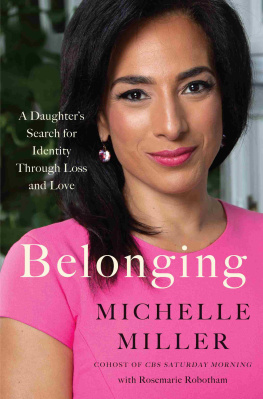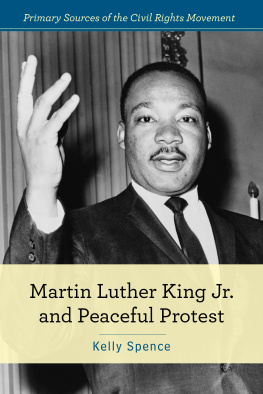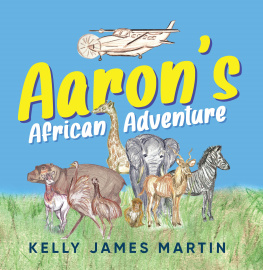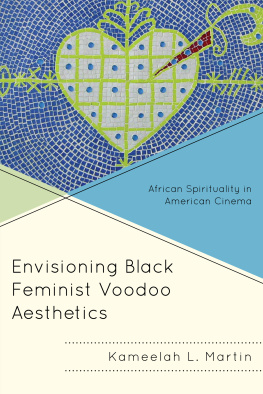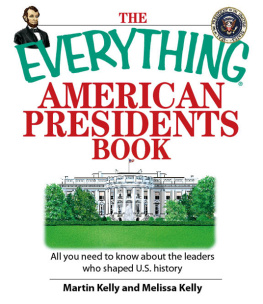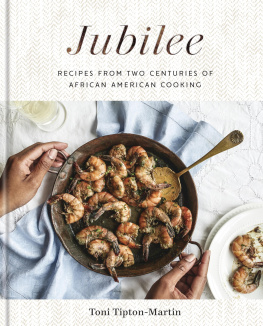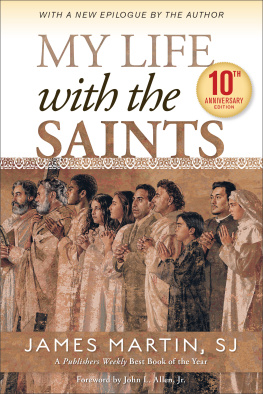Jess Row
Your Face in Mine
For my father
Clark Row
19342013
Words are soon exhausted
Hold fast to the center of all things.
Tao Te Ching, V
And I suggest this: that in order to learn your name, you are going to have to learn mine.
JAMES BALDWIN

It doesnt seem possible, even now, that it could begin the way it begins, in the blank light of a Sunday afternoon in February, crossing the parking lot at the Mondawmin Mall on the way to Lees Asian Grocery, my jacket in my hand, because its warm, the sudden, bleary, half-withheld breath of spring one gets in late winter in Baltimore, and a black man comes from the opposite direction, alone, my age or younger, still bundled in a black lambswool coat with the hood up, and as he draws nearer I feel an unmistakable shock of recognition. Even with the hood, that elected shade, that halo of shadow. I dont know whether to call it a certain place above the bridge of the nose and between the eyes, or perhaps something about the shape of the nose itself, or the way he carries it. Or the exact way his lips meet. Or the mild inquisitive look in his eyes that changes as I come closer to something unreadable, something close to surprise. I am looking into the face of a black man, and Ill be utterly honest, unsurprisingly honest: I dont know so many black men well enough that I would feel such a strong pull, such a decisive certainty. I know this guy, Im thinking, yet Im sure Ive never seen this face before. Who goes around looking for ghost eyes, for pleading looks of remembrance, in the faces of strangers? Not me. Hes coming closer, and Im running through all my past at a furious clip, riffling frantically the index cards of my memory for a forgotten slight, a stray remark, a door slammed in a black mans face, a braying car horn behind me on 83 South. He has his eyes trained on me with a faint smile, a smile that dips at the left corner, and says,
Kelly. Ill bet youre wondering why I know your name.
Im sorry, I say. Do I know you?
Kelly, he says, pursing his lips, its Martin.
Were alone, in a field of cracked asphalt, dotted here and there with sprays of tenacious weeds, a mostly abandoned shopping plaza missing its anchor tenant. I would never have come here but for Lees being the closest Chinese grocery to my apartment, an emergency stop for days when I unexpectedly run out of tree-ear fungus or Shaoxing wine or shallots or tapioca starch. Yes, were in Baltimore; yes, I once lived here, grew up here; but because Baltimore is not just one feeble city but many, and Mondawmin is, to be as honest as I have to be, on the black side of town, in the course of my predictable life, I might as well be on the surface of the moon. As a child I imagined there were hidden places the tangle of bushes dividing the north and south lanes of the freeway, the fenced-in, overgrown side yard on the far side of our elderly neighbors house that held gaps, portholes, in the fabric of the world, and if I crawled into one of them I would become one of the disappeared children whose faces appeared on circulars and milk cartons and Girl Scout cookie boxes, whose cold bodies were orbiting earth as we spoke, and every so often bumped into the Space Shuttle and slid off, unbeknownst to the astronauts inside. How was I supposed to know that I would only have to cross town to find my own gap, my own way into the beyond?
I cross my arms protectively in front of my chest, and say,
I know you are.
You do?
Martin, I say, I need an explanation.
We cross the parking lot together, Martin, the black man who used to be Martin, ducked slightly behind my right shoulder, flickering in and out of my peripheral vision. Somehow Im still possessed of enough of my faculties to remember to grab a shopping cart. The sliding door creaks on an unoiled runner, and we breathe in the comforting sting of Asian markets everywhere dried scallops and mushrooms, wilting choi sum, fish guts in a bucket behind the seafood counter. Mr. Lee looks up at me over yesterdays Apple Dailywhen did they start getting the Hong Kong papers? and says, youre too late, the cha siu bao are all sold out.
Its okay, I say. I need to lose weight anyway.
Yeah, says his daughter, stacking napa cabbages on newspaper in a shopping cart. Youre too fat.
Lee gives her a dour Confucian look. Little number three, he says, thats enough out of you. And then, turning to me: is the black man with you? He doesnt speak Chinese, too, does he?
Martin has halted by the soy milk case, reading the labels intently.
Yes, I say. Yes, hes with me. And no, he doesnt.
Tell him we dont have candy bars or potato chips. They always ask.
I give him a noncommittal nod.
My wife was Chinese, I say to Martin, making my way down aisle one, filling the cart with black tree fungus and Sichuan chilies and dried beans and tofu skin. I lived there for three years before I got my Ph.D. She taught me how to cook. My voice sounds bland, conversational, informational: Ive been stunned, thats the only way to explain it, stunned back into a certain strained normality. He follows everything Im saying with lidded eyes and pursed lips, nodding to himself, as if its exactly what I would have done, in his mind, as if he could have projected it all, with slight variations.
Hold on. Your wife was? Youre not together?
No, I say, no, she died. She and my daughter died. In a car accident.
How long?
I look at my watch.
A year, I say, six months, three weeks, and two days.
Mr. Lee, who has never before seen me speaking English, is pretending not to watch us, stealing interested glances over a full-page picture of Maggie Cheung.
I was in Shanghai and Hangzhou once, Martin says. Only briefly, on business. Loved it. Loved the energy. Wish I could have stayed longer.
He reaches up and pulls the hood away from his forehead. His hair, a black mans hair, of course, razored close to the scalp, with neat lines at the temples and the nape of the neck. The look of a man whos close friends with his barber. I cant help thinking of my own scraggling beard, and the last time I tried to crop it into a new shape, how it looked, as Meimei used to put it, half goat-eaten. Fullness of time, I cant help thinking. The phrase just wont leave my mind. Fullness of time.
You know, he says. Youre a brave man, Kelly. I think Id have run away screaming. His voice is different. It is, thoroughly, unmistakably, a black mans voice, declarative, deep, warm, with a faint twang in the nasal consonants. Its just a couple of operations, he says. And some skin treatments. In the right hands, no big thing at all. That is to say, it wont be. When it becomes more common.
Does it, does it Im flailing here does it have a name? What youve done?
If it had a name, he says, what would that change, exactly? Would it be more acceptable to you? Would it be a thing people do? Would it have a category unto itself?
He laughs.
Im just playing with you, he says. You should see the look on your face. Kelly, of course it has a name. What do you think it would be called? Racial reassignment.

